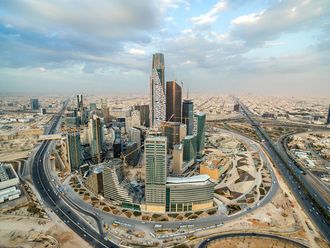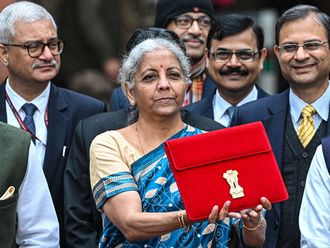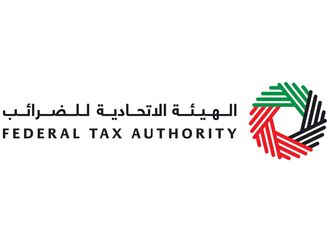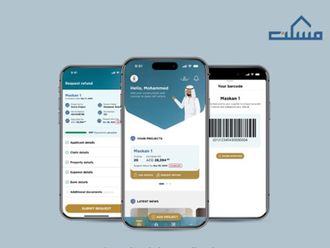A recent report by Emirates NBD noted that while the pace of growth has slowed since 2018, output nonetheless continues to increase with preparations for Expo 2020 driving a significant amount of construction. In fact, the increase in construction is not limited to Dubai or the UAE. The outlook generally for the Middle East is positive.
We continue to see international firms bidding and winning contracts on large-scale construction projects. A US company recently won two significant EPC contracts with Saudi Aramco and a Korean company won the EPC contract in relation to the Fujairah bunker deal, which, once completed, will create the world’s largest oil storage facility.
However, there continues to be certain risks in the Middle East and the widely publicised collapse of Carillion has been partly blamed by outstanding debts from the Middle East.
The construction industry is known globally to generate risks given the complicated nature of such projects. These potential issues can be mitigated by allocating risks in a reasonable manner in any construction contract. The use of local law by international firms in the region is accepted in the majority of contracts.
However, in return most contractors insist on neutral arbitration forums within which to resolve disputes. Previously, arbitration institutions in London and Paris, such as the LCIA and the ICC, were selected. However, disputes are now increasingly resolved in local institutions such as DIFC-LCIA and DIAC.
Arbitration remains the most favoured means of resolving construction disputes for large projects in the Middle East. Although obtaining an arbitration award is the not the end of the story and issues of enforcement come into play, it is a positive indicator that many jurisdictions in the Middle East are members of the New York Convention 1958 (with the exception of Yemen, Libya and Sudan).
Various arbitration regimes are being modernised with one of the aims being to satisfactorily resolve any construction disputes that may arise.
One example that is worth mentioning is the recent introduction of the UAE Federal Law on Arbitration in Commercial Disputes (Federal Law No. 6 of 2018). before the introduction of this new domestic framework, there was no federal law dedicated to governing arbitration in the UAE.
The Law is largely based on the UNCITRAL Model Law and is therefore expected to bolster confidence in UAE’s arbitration regime. This modernisation will be welcomed by business parties, both local and international, that wish to arbitrate their disputes within the region, particularly by parties that have contracted with state entities.
The construction sector in the Middle East appears to present a positive picture. The volatility in oil prices have dented many state coffers but large projects continue as states implement the visions they have developed for their respective countries, a lot of which includes significant infrastructure development.
Further economic diversification and privatisation in a number of sectors offer significant opportunities for international firms. Granted, difficulties will still be faced, but the key to minimising risks lies in negotiating balanced contracts which should provide for arbitration as the dispute resolution mechanism.
Raid Abu-Manneh is Partner at Mayer Brown, while Ali Auda is an Associate.












